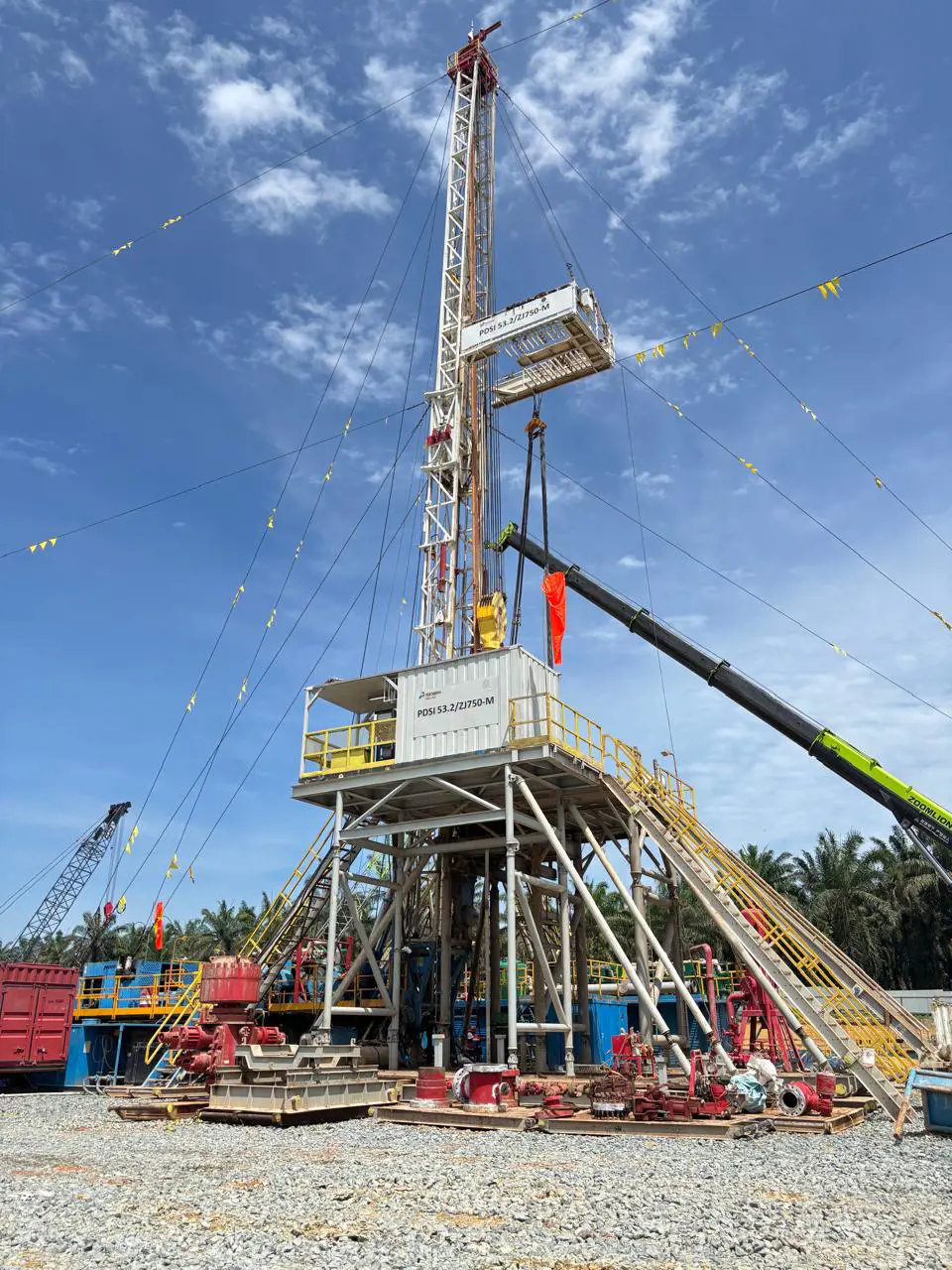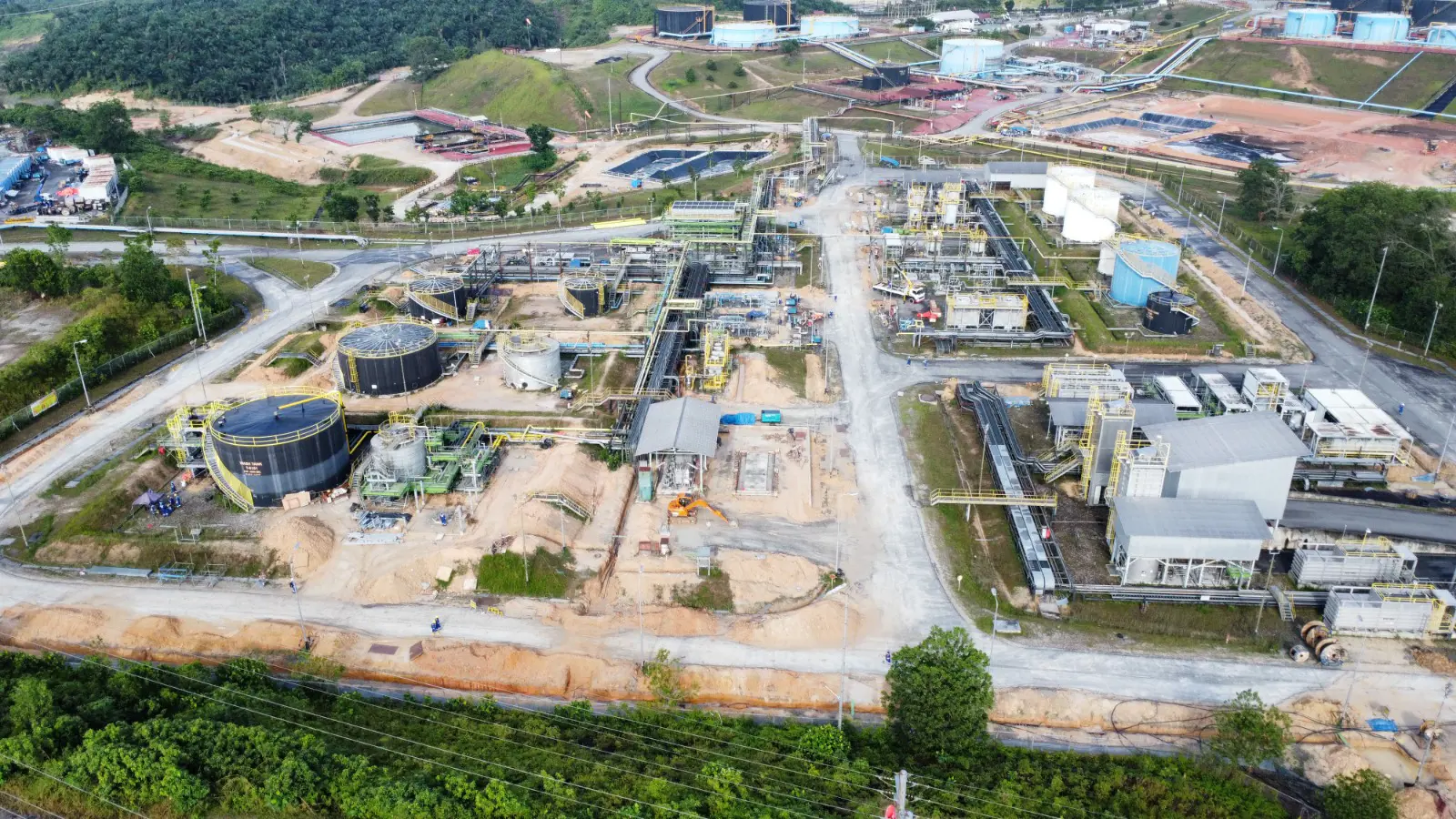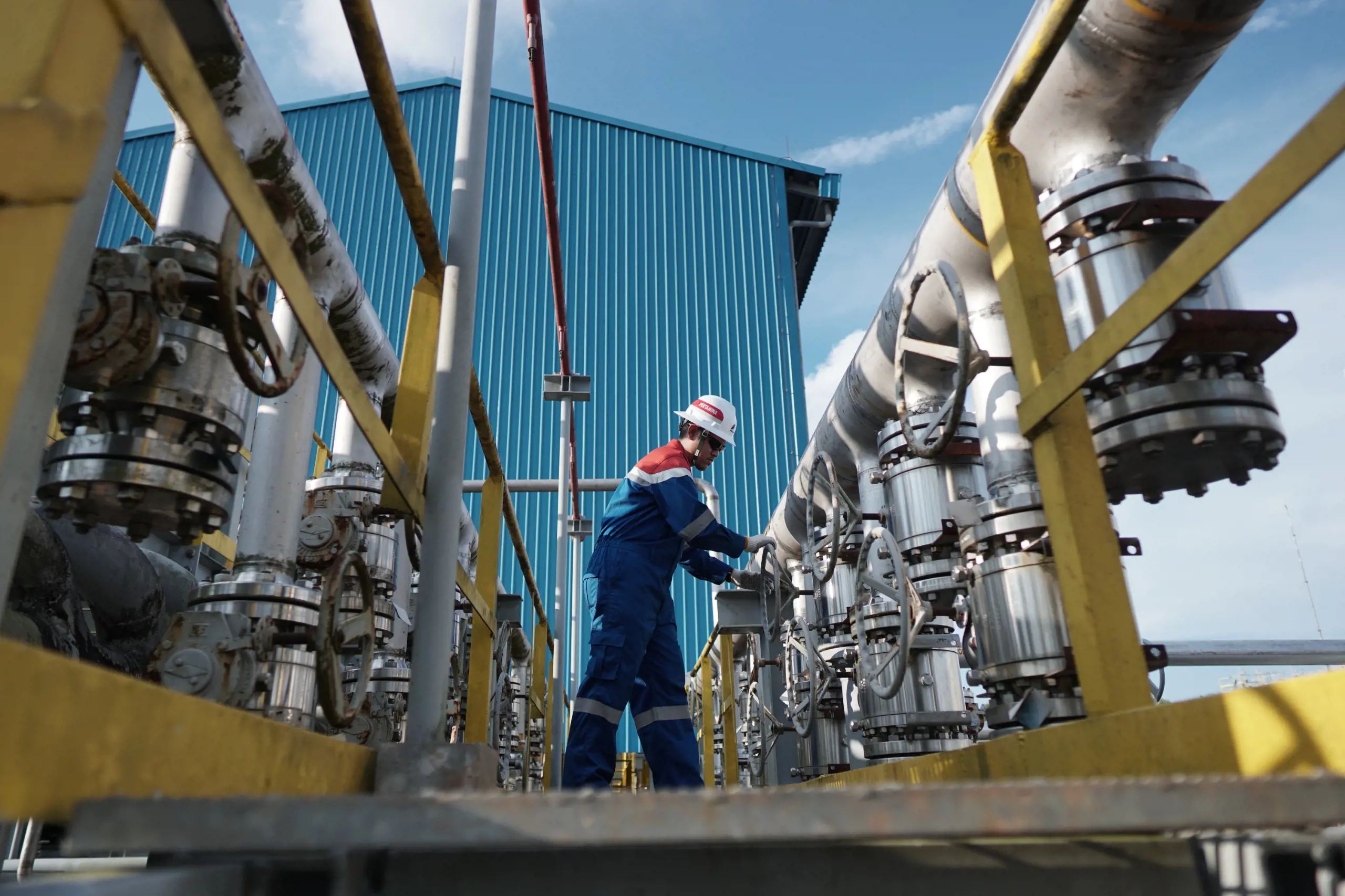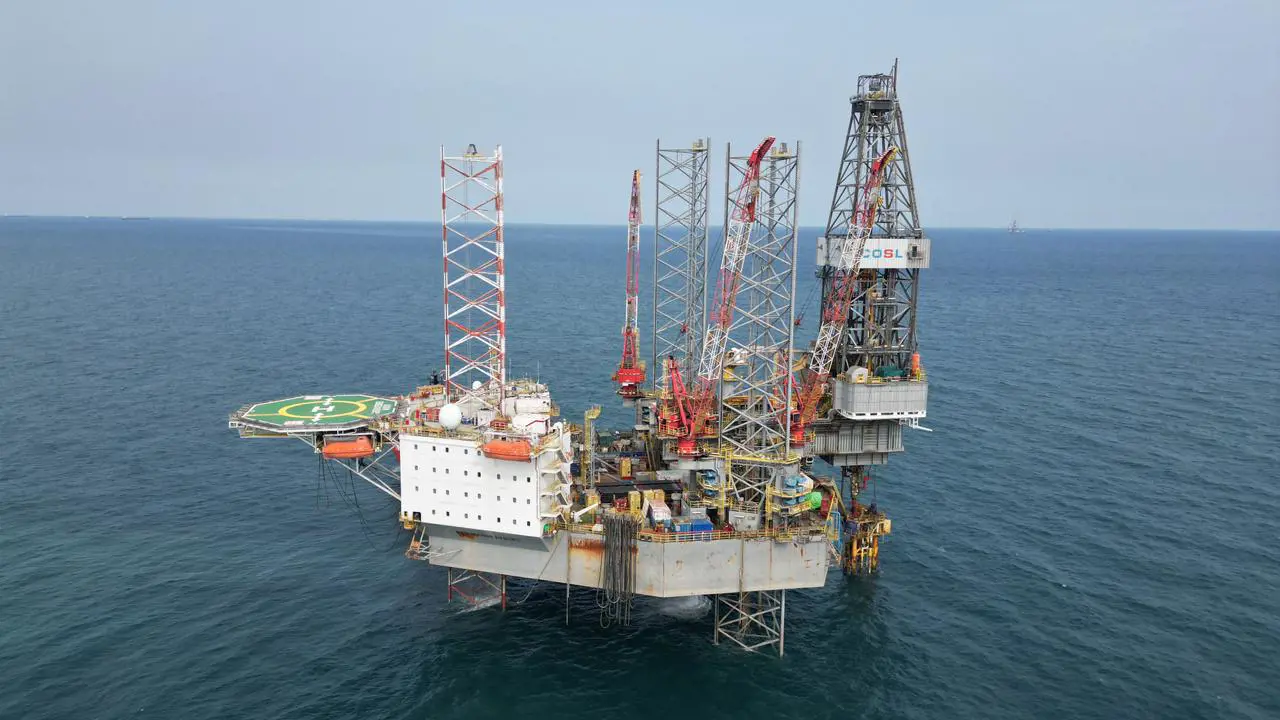Boosting Production to Meet Public Demand, PHE's Oil and Gas Production in the First Half of 2025 Reaches 1,04 Million Barrels of Oil Equivalent per Day

Jakarta -- PT Pertamina Hulu Energi (PHE), as Pertamina’s Upstream Subholding, has proven its contribution as one of the nation’s leading upstream oil and gas companies. As of the first half of 2025, PHE recorded oil and gas production of 1,04 million barrels of oil equivalent per day (MMBOEPD), consisting of oil production of 557 thousand barrels per day (MBOPD) and gas production of 2,8 billion standard cubic feet per day (BSCFD).
Up to now, PHE has completed drilling of 404 development wells, carried out 628 workover activities, and conducted 18,714 well services activities. In its efforts to discover energy resources to maintain national energy security, PHE has also been aggressive in exploration activities, recording a 3D seismic survey covering 539 km² in the first half of 2025.
PHE will continue to strive to explore potential from various aspects to achieve company's targets. During first half of 2025, PHE completes successful drilling of eight exploration wells and has recorded additional 2C contingent resources of 804 million barrels of oil equivalent (MMBOE) in relation to these wells. PHE also recorded a 63 million barrels of oil equivalent (MMBOE) increase in proven reserves (P1).
The successful drilling of wells in West Java (EPN-002) and the acquisition of 3D seismic data in several onshore Sumatra work areas are significant achievements for PHE's performance. PHE also signed Production Sharing Contracts (PSCs) for the Melati Working Area and Binaiya Working Area, which was awarded in the 2024 first and second bidding rounds.
To reach its targets, PHE is pushing ahead with projects such as the first EOR steamflood injection at the North Duri Development (NDD) Area-14 Field, the Simple Surfactant Flood (SSF) Stage-1 Project at the Balam South Field-Rokan Zone, CO₂ interwell injection at the Sukowati Field, and the Put on Production and Exploration (POPE) program for the Astrea, Pinang East, and Akasia Prima wells.
At the same time, PHE is actively evaluating strategic investments in new venture opportunities and new exploration prospects such as geologic hydrogen and Carbon Capture Storage (CCS). PHE plans to develop two CCS hubs and several satellites with storage capacity of up to 7,3 gigatons, targeting a 68% emissions reduction in the energy sector by 2060.
Several development projects are also being prepared for on-stream in the second half of 2025. Such as the Akasia Bagus Gathering Station (SP ABG) EP development project which designed to process oil and gas with a total capacity of 9.000 barrels of liquid per day (BLPD) and 22 million standard cubic feet per day (MMSCFD); the Sisi Nubi Project, a major project to boost gas and condensate production with an average design capacity of 30 MMSCFD per platform. The Minas Field CEOR Project in Area A Stage-1 is also underway, involving the injection of chemical fluids into the reservoir, which is expected to increase the recovery factor by 17–22 percent. Another project, the OO-OX Field, is estimated to deliver an additional 2.996 barrels of oil per day (BOPD) and 21,26 MMSCFD of gas.
PHE also remains committed to implementing the Domestic Component Level (TKDN) to support government's program aimed at boosting national capacity and creating a multiplier effect for local industries. By mid-2025, PHE's TKDN achievement for goods and services reached 63,29 percent.
“In running its business, PHE is expected to deliver optimal performance in contributing to national energy security. PHE will continue to enthusiastically unlock potential and leverage its strengths to support national production targets and meet domestic energy supply, in line with its vision to become a leading oil and gas company that prioritizes energy security, availability, and sustainability,” said Awang Lazuardi, President Director of PHE.
PHE reaffirmed its commitment to adhering to Environmental, Social, and Governance (ESG) principles and sustainable practices, having been a member of the United Nations Global Compact (UNGC) since June 2022. PHE also upholds zero tolerance on bribery through the Anti-Bribery Management System (ABMS), certified to ISO 37001:2016.
With this global recognition, PHE aims to solidify its reputation as a world-class oil and gas company, championing environmental responsibility, social progress, and exemplary governance.






